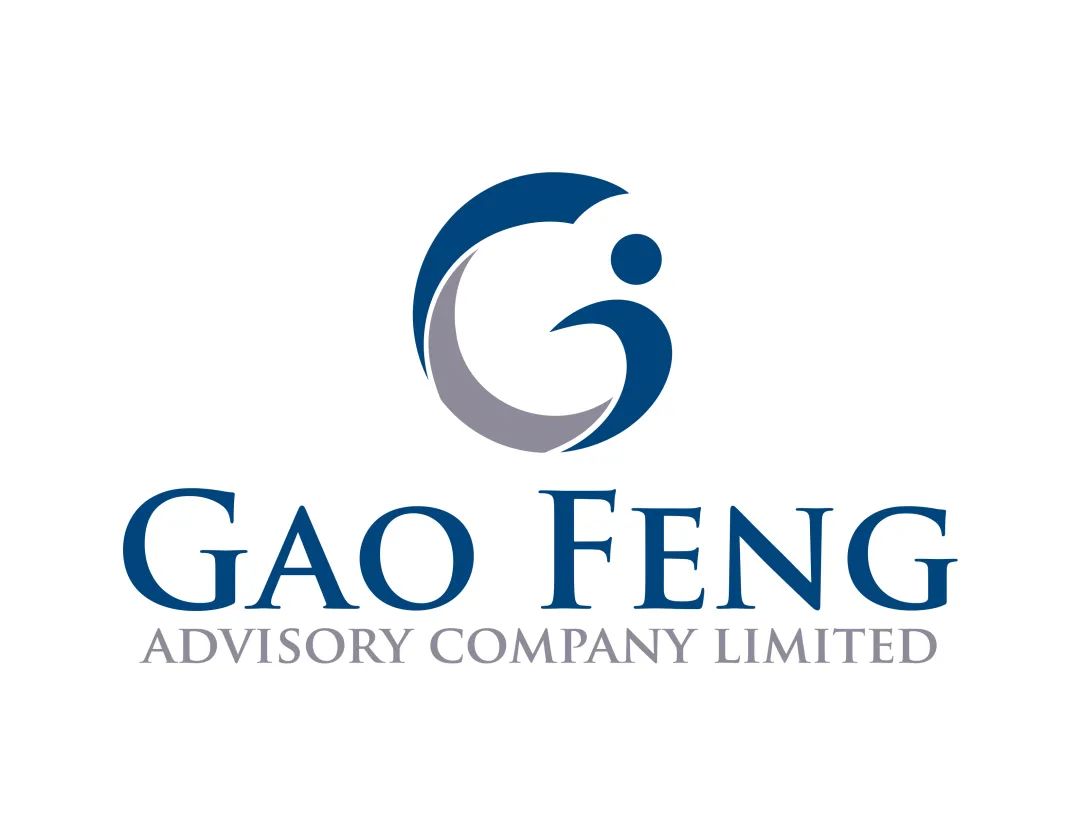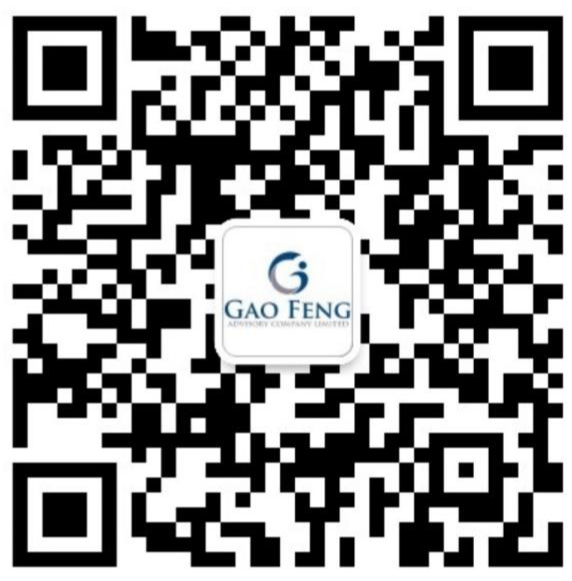CGTN | Generating Economic Recovery in the Post-pandemic Era

By Edward Tse
2022-05-23
A recent article authored by Dr. Tse was published by CGTN on May 23, 2022. He shared his view on how the global economy can recover in the post-pandemic era and the role that the World Economic Forum can play.
The prolonged pandemic has brought about a great deal of economic challenges. Global economic growth recovered strongly last year at 5.5 percent, especially compared to the significant drop of 3.3 percent in 2020 due to the outbreak of the pandemic. According to the World Bank, growth is expected to slow down to 4.1 percent in 2022 and 3.2 percent in 2023 due to less robust demand and fiscal and monetary support.
The pandemic has disrupted many global supply chains, impacted production, reduced travel and caused much anxiety among people across the world. The pandemic also brought about major changes in patterns of demand for products and services.
The Russia-Ukraine conflict has unfortunately added much to disruptions and uncertainties to the environment that had already been severely impacted by the pandemic. Among other issues, supply of a range of commodities such as wheat, oil and gas have been disrupted, driving up inflation in many countries. In addition, the war has also damaged the relationships between many countries in the world.
How can we generate, and accelerate, economic recovery in the post-pandemic era? It will be a major undertaking and will require a multi-pronged approach. The World Economic Forum (WEF), being an independent international organization engaging business, political, academic and other leaders of societies in all parts of the world, will play an important role spearheading the economic recovery process.
Before the pandemic outbreak and for about three decades, the world has been going through a process of globalization wherein a natural division of labor across different economies based on each other’s comparative advantage ensured high-level of productivity and efficiency across the world. According to the World Bank, the world's GDP increased threefold between 1990 and 2015, from $22.74 trillion in 1990 to $75.12 trillion in 2015. While some countries may believe that they have been disadvantaged by globalization, the entire world had substantially benefited from it overall.
Not only did globalization improve economic conditions in many countries across the world, but positive developments also took place, e.g., technological progress, innovations and entrepreneurship. Unfortunately, during the last couple of years, the pandemic and geopolitical conflicts have cast a shadow over the future of globalization. Many people are now advocating de-globalization instead.
Despite the current headwinds, I believe the right principles for driving a speedy economic recovery in the post-pandemic era is still globalization (albeit perhaps in a slightly different form), multilateralism and growth in global trade.

With the emergence of a multipolar global economic landscape where countries like China, India and other fast-developing countries have become, or are becoming, significant hubs for the demand of products and services, trade flow patterns have greatly evolved over the last several decades. Today and going forward, many of these countries will become major markets for goods and services.
With the focused efforts of some developed countries to "reshore" or build new manufacturing facilities especially in high-tech sectors, new sources of supply will also emerge, thus changing the global supply patterns. Nonetheless the fundamentals of economics and business that governed the first era of globalization will continue to apply to the new era. The main consideration will continue to be based on some basic business logic, i.e., who can provide the best combination of cost, quality, timeliness and reliability in supplies of products and services to other countries. Fundamentally, the economic scale and scope, as well as the coordination of various activities across evolving supply chains will continue to be critical factors in order to determine where supply chains are located and how they are implemented. The manner in which these factors will be optimized will also be driven by technological innovations along the way.
The world entered the Fourth Industrial Revolution (4IR) a few years ago. Driven largely by the convergence of digital, biological, and physical innovations, artificial intelligence (AI), robotics, Internet of Things (IoT), 3D printing, genetic engineering, quantum computing and other technologies, this revolution is taking place rapidly. Countries like China, the U.S., India and also certain European countries are all playing key roles in its development and applications.
The 4IR is more than a simple technology-driven change. This is an opportunity to help everyone, including leaders, policymakers and people from all income groups and countries, to harness convergent technologies to create an inclusive, people-centric future. Therefore, the 4IR has the potential to raise global income levels and facilitate economic recovery in the post-pandemic era.
In fact, before the current sentiment of anti-globalization and unilateralism surfaced, people around the world have long been expecting a ubiquitously inter-connected world where all can communicate across borders through a "network that means good for humanity." While that vision may have been somewhat disrupted by the current headwinds, people's fundamental needs have not changed. People still aspire for such ideals.
Therefore, it behooves political and business leaders of the world to come together to provide solutions that work for the lowest common denominator of humanity. Clearly there are issues that transcend national orders and all countries need to address them holistically. Climate change, pandemic control, AI ethics, data governance are some of the top priority issues.
The WEF with its status and leadership is in a natural position to take the lead in driving this framework and methodology forward. This will be an all-encompassing initiative and won't be easy but that's what the world needs. Doing it right and promptly means doing good for humanity.
About the Author
Dr. Edward Tse is founder and CEO, Gao Feng Advisory Company, Adjunct Professor of School of Business Administration at Chinese University of Hong Kong, Professor of Managerial Practice at Cheung Kong Graduate School of Business, and Adjunct Professor at the SPACE program of University of Hong Kong. He is a member of Global Future Council on China at the World Economic Forum, as well as a member of advisory boards for private equity and venture capital companies. He started his strategy consulting career at McKinsey’s San Francisco office in 1988 before returning to Greater China in the early 1990’s. He became one of the pioneers in China’s management consulting industry, by building and running the Greater China operations of two leading international management consulting firms (BCG and Booz) for a period of 20 years. He has consulted to hundreds of companies, investors, start-ups, and public-sector organizations (both headquartered in and outside of China) on all critical aspects of business in China and China for the world. He has also advised the Chinese government organizations at different levels on strategies, state-owned enterprise reform and Chinese companies going overseas, as well as to the World Bank and the Asian Development Bank. He is the author of several hundred articles and five books including both award-winning The China Strategy (2010) and China’s Disruptors (2015), as well as 《竞争新边界》 (The New Frontier of Competition), which was co-authored with Yu Huang (2020). He holds a SM and a SB in Civil Engineering from the Massachusetts Institute of Technology, as well as a PhD and an MBA from University of California, Berkeley.


Gao Feng Advisory
Gao Feng Advisory Company is a professional strategy and management consulting firm with roots in China coupled with global vision, capabilities, and a broad resources network
Wechat Official Account:Gaofengadv
Shanghai Office
Tel: +86 021-63339611
Fax: +86 021-63267808
Hong Kong Office
Tel: +852 39598856
Fax: +852 25883499
Beijing Office
Tel: +86 010-84418422
Fax: +86 010-84418423
E-Mail: info@gaofengadv.com
Website: www.gaofengadv.com
Weibo: 高风咨询公司
